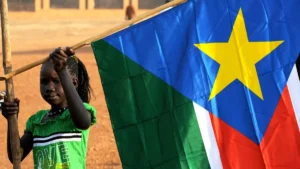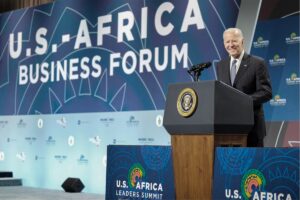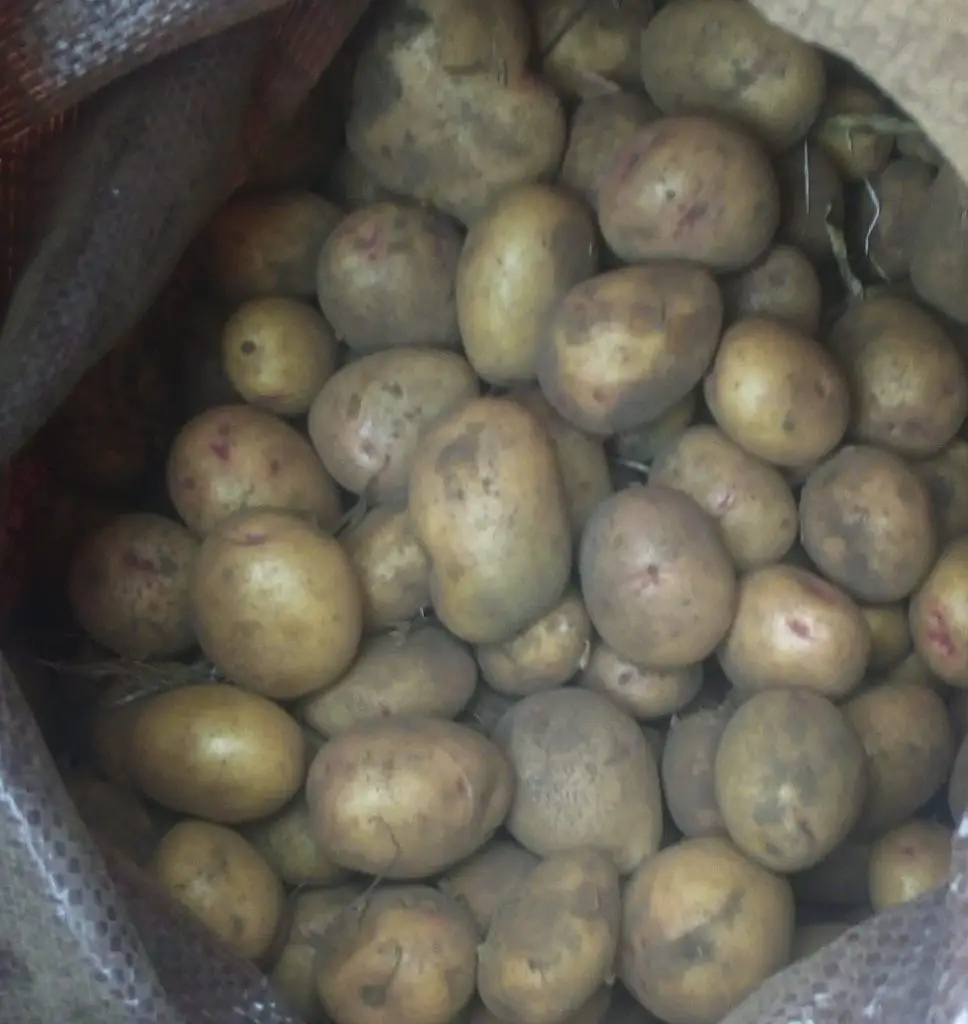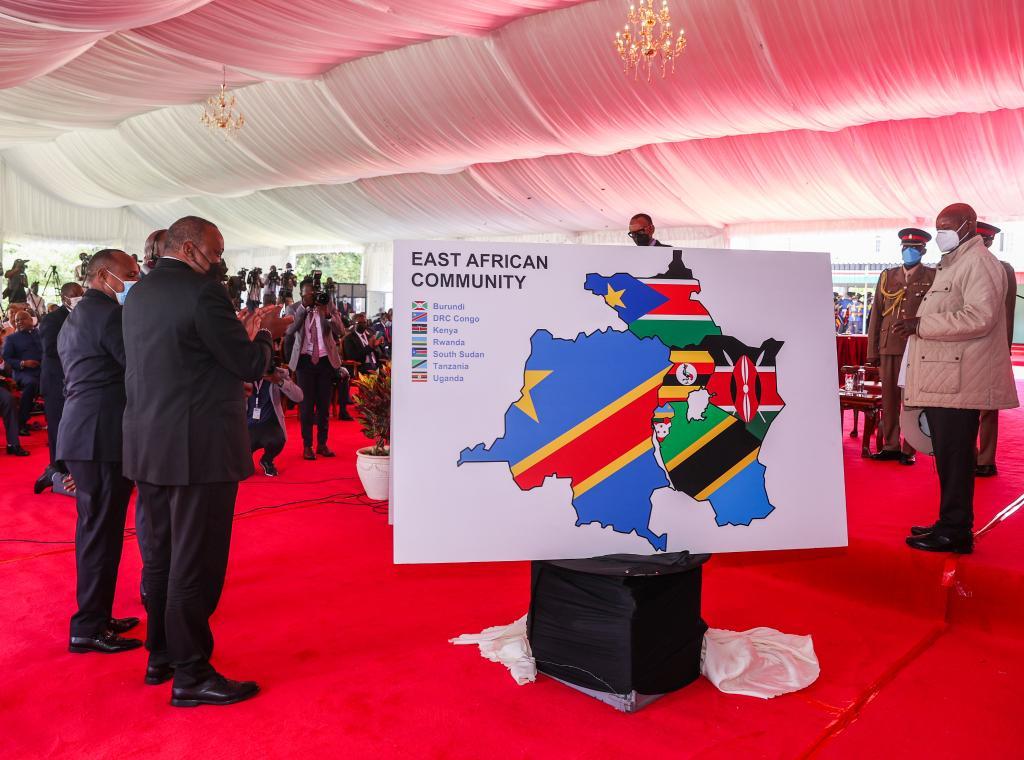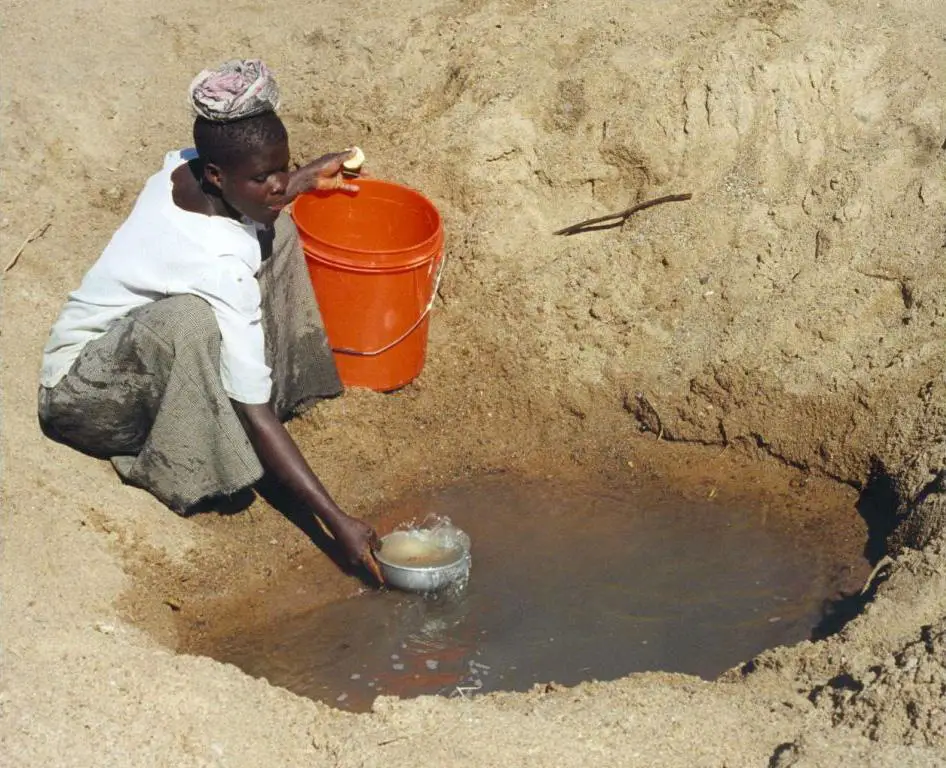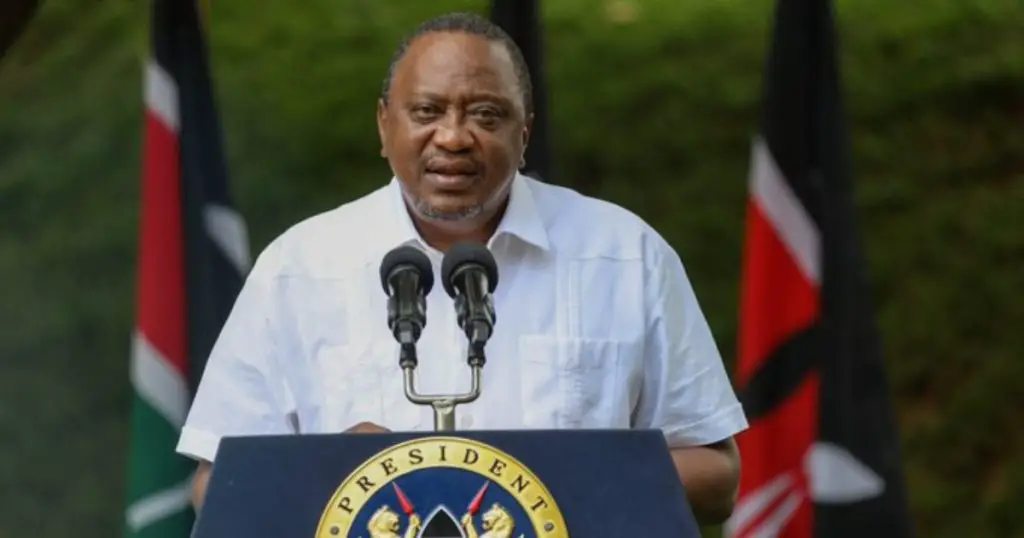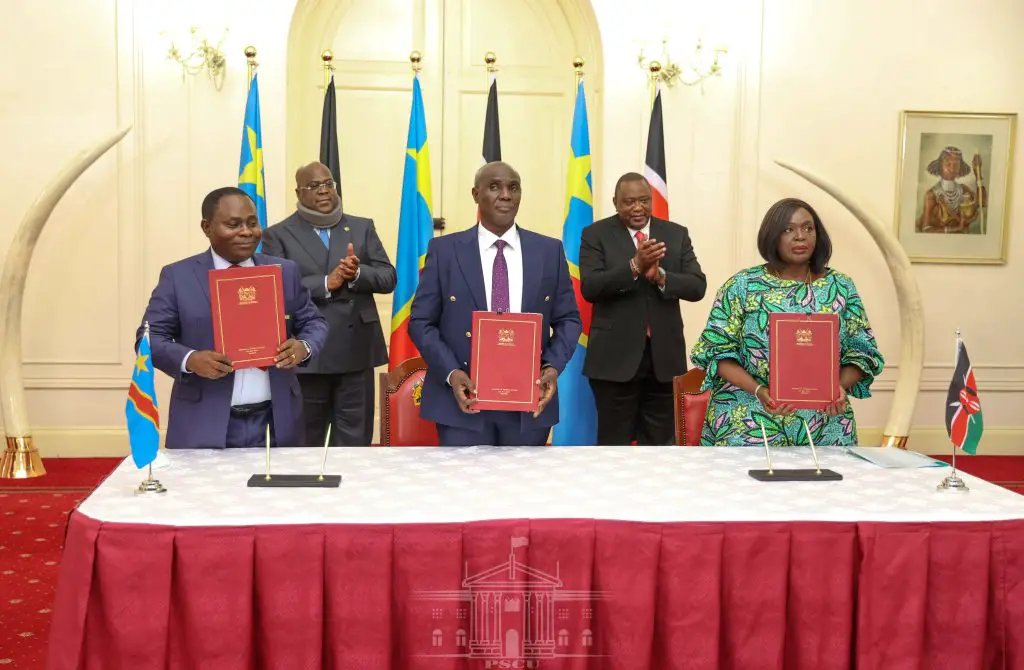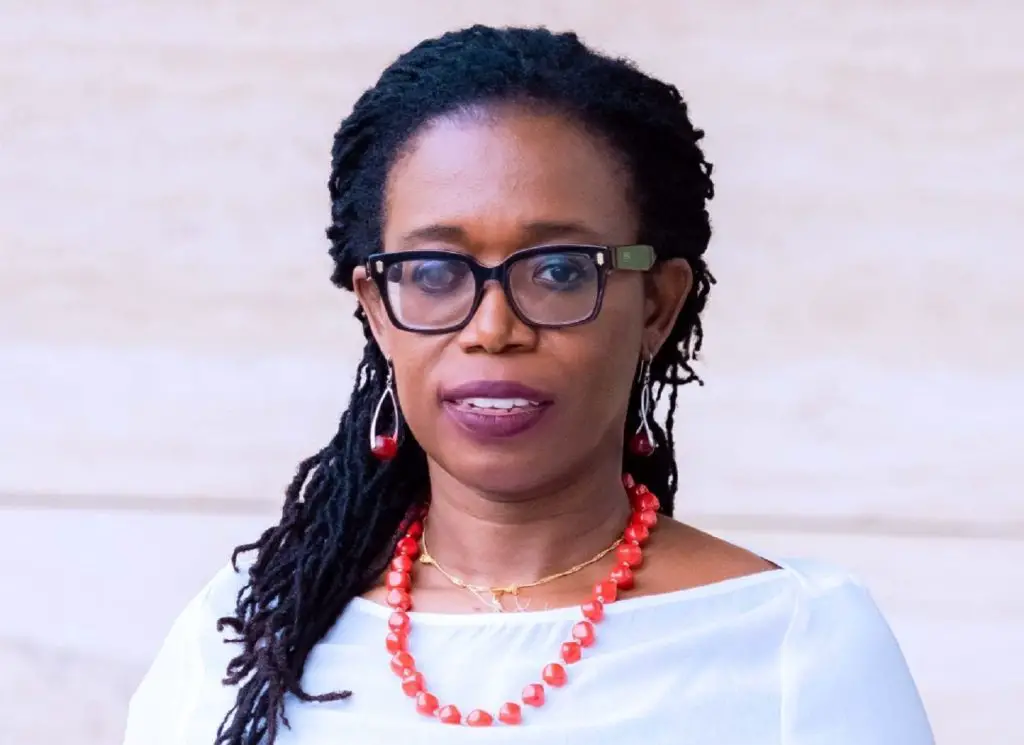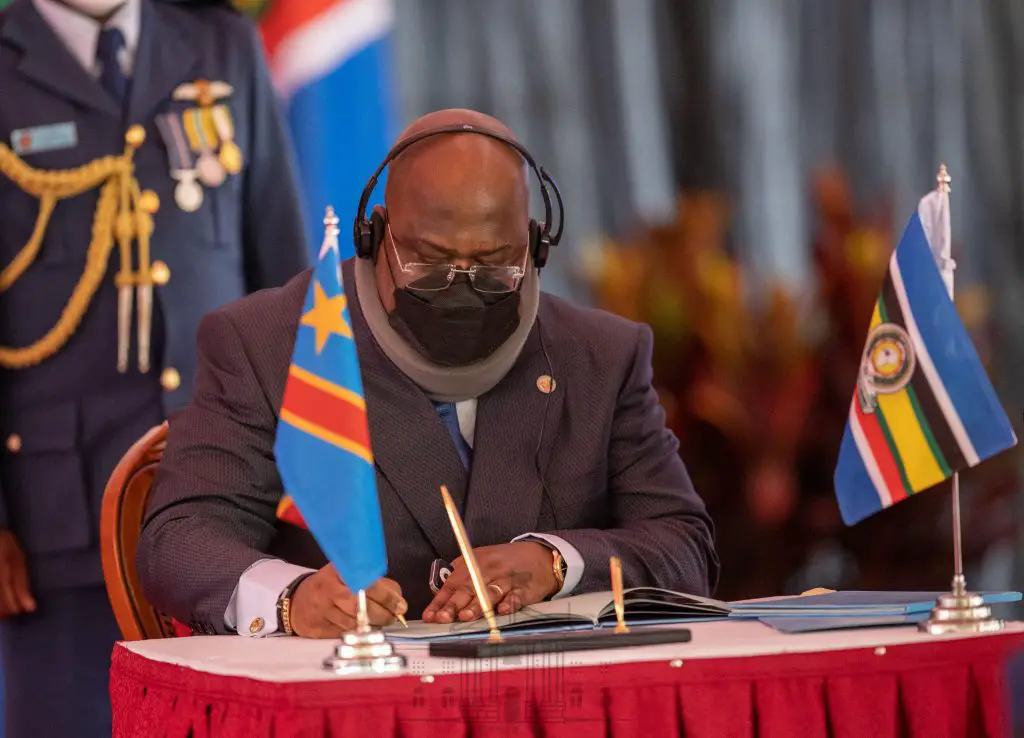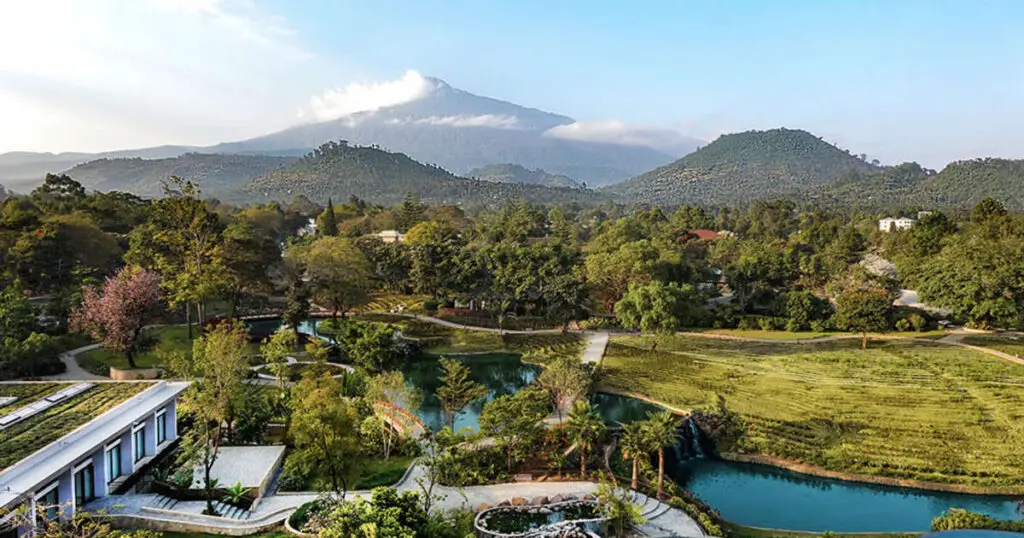- History beckons as push for Kenya’s Ruto to address US Congress gathers pace
- IMF’s Sub-Saharan Africa economic forecast shows 1.2 percent GDP growth
- The US Congress proposes extending Agoa to 2041, covering all African countries
- Millions at risk of famine as fuel tax row halts UN aid operations in South Sudan
- Empowering the Future: Humanity Protocol’s Dream Play Initiative
- TikTok Community Guidelines update aims to curb hate speech and misinformation
- Rwanda sees 39% surge in bank borrowers as Sacco and MFI loan uptake declines
- Kenya Ports Authority wins dispute case over cargo release
Browsing: EAC
This platform aims to harness the potential of the potato value chain in the region to enable proper production and commercialization of the food crop on the realization that it is one of the key agricultural produce traded and consumed widely. Over 2.2 million farmers across the EAC partner states earn their living from the potato sector.
The Jumuiya Potato Platform has now been formalized under a Public-Private Partnership structure to enable sustainable research, innovation and free trade right from the potato seed.
The Potato Platform has been arrived at after a series of engagements between stakeholders representing national governments on the public front, farmers and traders on the private side with guidance from the EAC Secretariat and the EABC. Facilitated by GIZ, the stakeholders launched Jumuiya Potato Platform after a two-day regional meeting held in Kampala. …
- Democratic Republic of Congo will host a major investment summit 27-29 June in Kinshasa
- Favourable policy changes to be discussed by top government officials
- President Felix Tshisekedi government reassures investors of security measures
Only three months after joining the East Africa Community (EAC) the Democratic Republic of Congo will this June host its inaugural DRC Investment Summit that will open the doors to Central Africa’s investment opportunities like never before.
Scheduled to take place from 27 – 29 June 2022, the two day summit will feature expert sessions that will highlight investment opportunities in the country. These sessions will provide a one of a kind platform allowing investors to learn of and hold in-depth analysis linked to policy making as well as global supply and demand movements
Organised by the government of the DRC, this inaugural summit is a global meeting place for investment in the Democratic Republic of …
In the wake of the ongoing devastating drought that continues to ravage the Horn of Africa at an alarming rate, it is imperative to urgently redress Africa’s perennial water crisis. The United Nations Office for the Coordination of Humanitarian Affairs (OCHA) reports that communities in the Horn of Africa are experiencing one of the most severe La Niña-induced droughts leading Kenya and Somalia to declare national emergencies due to poor and unpredictable rainy seasons. According to the World Food Programme (WFP), an estimated 13 million people are grappling with a major drought caused by the driest conditions since 1981.
This has been the aftermath of three failed rainy seasons in Kenya, Ethiopia and Somalia that have led to extreme water shortages, consequently leading to the decimation of crops and livestock deaths, forcing families from their homes and triggering conflict between communities. The root of this deleterious crisis has been climate …
President Kenyatta’s message was conveyed in a recorded video statement delivered on Wednesday evening during a virtual Inter-Congolese Peace Dialogue convened by Kenya.
The Head of State pointed out that the value of peace is unique and uncontested, adding that nothing enduring can be built on the shifty soils of insecurity.
“The historical call to be our brothers’ keepers is a bell that has been tolling and to which Kenya always keeps responding. We will not relent in your pursuit of peace for prosperity. This is why we reached out to you, our brothers, our sisters of the DRC,” President Kenyatta said.…
For starters, this is good news for the landlocked countries. It means that the landlocked countries in the EAC including Uganda, Burundi, Rwanda and South Sudan now have another coastal gateway away from the East African one in Kenya and Tanzania.
In addition, all the partner states have better bargaining power when it comes to trading with other blocs on the continent or internationally.
With the African Continental Free Trade Area (AfCFTA), the deal gets even sweeter.
Continent-wide, fully implementing the AfCFTA will increase intra-African trade with the elimination of duties. Projections show that by just reducing non-tariff barriers (NTBs), intra-African trade could double.…
Since the beginning of the Russia-Ukraine crisis, fertilizer prices have risen by 21 per cent.
It was noted that “the recovery of Africa has been impeded by greater inflation and tighter global financial conditions as well as rising interest rates,”
To counter external shocks, such as the Ukraine crisis, she urged public and private sector partnerships to enhance intra-African agri-food, industry, and service trade. She also urged the continent’s recovery from Covid-19 to get back on track.
When asked if Africa needs a second Marshall Plan, Keita said that Africa already has an effective one, in the AfCFTA, that may help it prepare for unpredictable times.…
By strengthening East Africa’s historical ties, DRC’s accession to the community is vital. The accession of DRC will improve both economic and geopolitical ties inside the Community.
A total of five EAC Member States border the Democratic Republic of the Congo: Tanzania, Burundi, Rwanda, Uganda and South Sudan.
To that end, full membership in the EAC would benefit the people of DRC by allowing them visa-free travel to other EAC nations. In addition, the DRC will nominate nine members of the East African Legislative Assembly and justices to the East African Court of Justice, the Community’s judicial authority.
DRC’s eastern area, which relies heavily on the Dar es Salaam and Mombasa ports for its imports and exports, will benefit greatly from the country’s membership in the EAC, he said.
In terms of size, the DRC dwarfs all six EAC Partner States. DR Congo’s landmass is 2.4 million km2 in comparison …
Similarly, as the country took internal measures to help the sector recover, the entire region, under the East African Community (EAC) moved to do the same. The EAC’s Sectoral Council on Tourism and Wildlife Management recently approved what it termed, the EAC Regional COVID-19 Tourism Recovery Plan.
Under this recovery plan, the EAC looks to work collectively towards the recovery of tourism in the region by supporting measures already adopted by individual countries in the bloc. A key agreement here was harmonization of guidelines to restore tourism and hospitality.
The Council approved the draft regional guidelines which are meant to build coherence in the measures that individual countries take to revive tourism. The Council insisted that if they work under the same guidelines then they will be able to earn trust and confidence of international tourists.…
World Bank further notes that the unified digitisation of the East African economy is estimated to generate up to a US$2.6 billion boost in GDP and 4.5 million new jobs that will largely benefit those at the bottom of the pyramid.
Data by GSMA reveals that by the end of 2020, 495 million people subscribed to mobile services in Sub-Saharan Africa, representing 46 percent of the region’s population, an increase of almost 20 million on 2019.
GSMA revealed that smartphone connections will more than double by 2025 in Sub-Saharan Africa with the East African Community registering the largest incremental growth, led by Rwanda and Tanzania. …
Constructed under the East African Community regional development project, the road is key to the much aspired regional integration and opens doors to the ports for Africa’s landlocked countries like Uganda, Rwanda and the DRC.
Owing to its importance, the African Development Bank and the Japan International Cooperation Agency (Jica) are among the project funders as well as the Tanzanian government itself through its own internal revenue.
Complete with spar roads, the highway will open up enormous economic potential of each region it passes. On the other side of the border, the Kenyan government has also begun work on the connecting 40km project Mtwapa-Kilifi Road, part of the overall 460km Malindi-Tanga-Bagamoyo East African corridor development project.…

